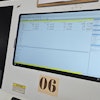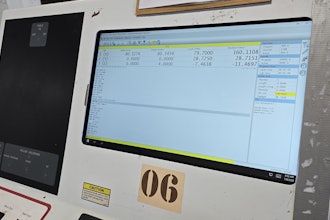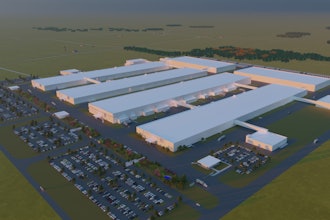
The OT network is the backbone of any industrial operation. If the network becomes compromised–or even if it’s suspected to have been compromised–industrial operations may come to a halt, negatively impacting profits, the company’s reputation, and its market share. To avoid shutdowns, companies must be confident their network is secure and resilient against attacks. The best way to ensure security is by selecting the right OT provider, which varies by company and industry.
Here are the top elements to consider when selecting an OT security provider.
OT security goes beyond basic cybersecurity principles. OT security providers need specialized knowledge and a deep understanding of the OT systems critical to industrial operations, like SCADA, PLCs and DCS. Providers that understand those systems can identify vulnerabilities specific to each one to create resiliency plans operators can trust. OT security providers also can bridge the gap between OT and IT, merging both processes so operators can use IT systems to keep a close eye on OT security.
OT providers must have experience that can be proven by customer references and testimonials. They should be able to demonstrate how they have overcome challenges and threats for industrial customers in the past. Providers with a long history of client partnerships and success will bring a heightened level of security to industrial companies.
Experience in Your Industry
Because they work within the profit-generating areas of industrial customer environments, OT security providers must have context into the specific equipment being secured. Every industry has unique terms, equipment types and architectures. OT security providers must be able to understand those characteristics to communicate effectively with plant floor personnel, who need to feel confident the security provider understands the process and potential impacts of changing the environment.
OT providers need to understand the details of the company’s operational needs to implement the correct controls for the company’s specific situation. Providers need to intimately understand industrial businesses to create customized plans and develop a security strategy that protects a customer’s entire business.
OT security providers also need to be able to provide guidance on compliance and regulatory issues for cybersecurity. Compliance with regulations can be cumbersome, disruptive, and costly. It’s important to match the correct compliance metrics to the regulated industry–and avoid expensive initiatives that “check a box” instead of providing tangible security results.
For example, an oil and gas company should not comply with NERC CIP regulations. The terminology used in NERC CIP regulations does not make sense for oil and gas companies, and there is a high level of documentation needed for compliance. Instead, unregulated or lightly regulated industries should focus on risk-based versus regulation-based compliance. Risk-based controls and their associated compliance metrics address security concerns well for companies that fit that profile.
OT security providers can conduct compliance assessments to ensure the company is protected and determine a plan for increased compliance if needed. They can create policies that fit the company’s needs while also adhering to industry regulations.
Deep Knowledge of Systems and Equipment
Because it is the most sensitive and important equipment that needs protection, ICS often is the element that needs the most protection from OT security. Facilities grind to a halt without a properly functioning ICS.
ICS systems are not the same as traditional IT networks, which is why providers that intimately understand ICS are critical for industrial operators. For example, many ICS vendors have strict requirements around architectural standards and the type, down to the version number, of software that can reside on their systems. Only experienced providers can blend ICS systems with the right security.
Because ICS systems are so vital to company operations, security must be added and updated without impacting their ability to continue running. If an impact on industrial equipment is inevitable, experienced providers can determine a plan to manage the change to ensure continued facility safety and productivity. Only a provider knowledgeable in the system specifically will be able to integrate it with security without negatively impacting operations.
Industrial companies can keep their business safe from security breaches by choosing an OT security provider with a strong history of experience that is well-versed in their specific needs. A strong security plan gives industrial companies confidence they are protected from expensive and damaging delays and can keep business moving forward.






















